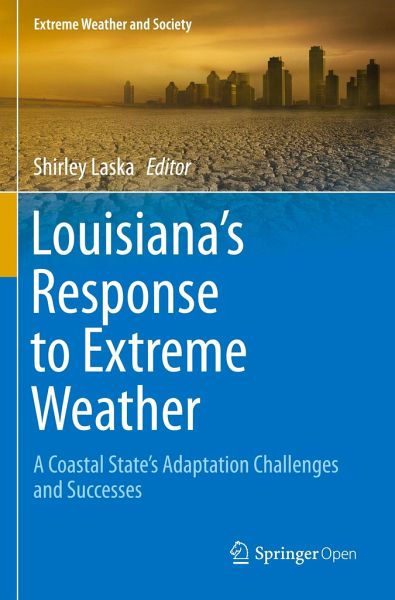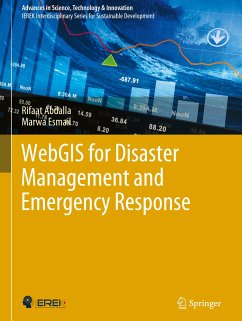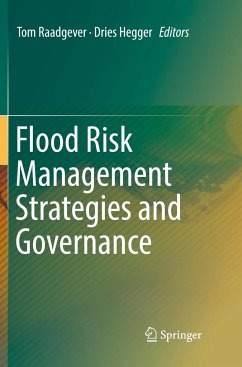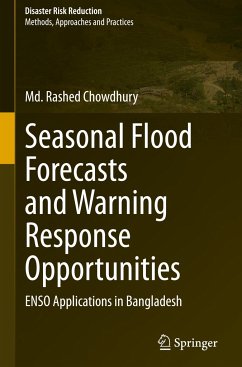
Louisiana's Response to Extreme Weather
A Coastal State's Adaptation Challenges and Successes
Herausgegeben: Laska, Shirley
Versandkostenfrei!
Versandfertig in 6-10 Tagen
38,99 €
inkl. MwSt.

PAYBACK Punkte
19 °P sammeln!
This book is open access under a CC BY 4.0 license.This book takes an in-depth look at Louisiana as a state which is ahead of the curve in terms of extreme weather events, both in frequency and magnitude, and in its responses to these challenges including recovery and enhancement of resiliency.Louisiana faced a major tropical catastrophe in the 21st century, and experiences the fastest rising sea level. Weather specialists, including those concentrating on sea level rise acknowledge that what the state of Louisiana experiences is likely to happen to many more, and not necessarily restricted to...
This book is open access under a CC BY 4.0 license.
This book takes an in-depth look at Louisiana as a state which is ahead of the curve in terms of extreme weather events, both in frequency and magnitude, and in its responses to these challenges including recovery and enhancement of resiliency.
Louisiana faced a major tropical catastrophe in the 21st century, and experiences the fastest rising sea level. Weather specialists, including those concentrating on sea level rise acknowledge that what the state of Louisiana experiences is likely to happen to many more, and not necessarily restricted to coastal states. This book asks and attempts to answer what Louisiana public officials, scientists/engineers, and those from outside of the state who have been called in to help, have done to achieve resilient recovery. How well have these efforts fared to achieve their goals? What might these efforts offer as lessons for those states that will be likely to experience enhanced extreme weather? Can the challenges of inequality be truly addressed in recovery and resilience? How can the study of the Louisiana response as a case be blended with findings from later disasters such as New York/New Jersey (Hurricane Sandy) and more recent ones to improve understanding as well as best adaptation applications - federal, state and local?
This book takes an in-depth look at Louisiana as a state which is ahead of the curve in terms of extreme weather events, both in frequency and magnitude, and in its responses to these challenges including recovery and enhancement of resiliency.
Louisiana faced a major tropical catastrophe in the 21st century, and experiences the fastest rising sea level. Weather specialists, including those concentrating on sea level rise acknowledge that what the state of Louisiana experiences is likely to happen to many more, and not necessarily restricted to coastal states. This book asks and attempts to answer what Louisiana public officials, scientists/engineers, and those from outside of the state who have been called in to help, have done to achieve resilient recovery. How well have these efforts fared to achieve their goals? What might these efforts offer as lessons for those states that will be likely to experience enhanced extreme weather? Can the challenges of inequality be truly addressed in recovery and resilience? How can the study of the Louisiana response as a case be blended with findings from later disasters such as New York/New Jersey (Hurricane Sandy) and more recent ones to improve understanding as well as best adaptation applications - federal, state and local?














